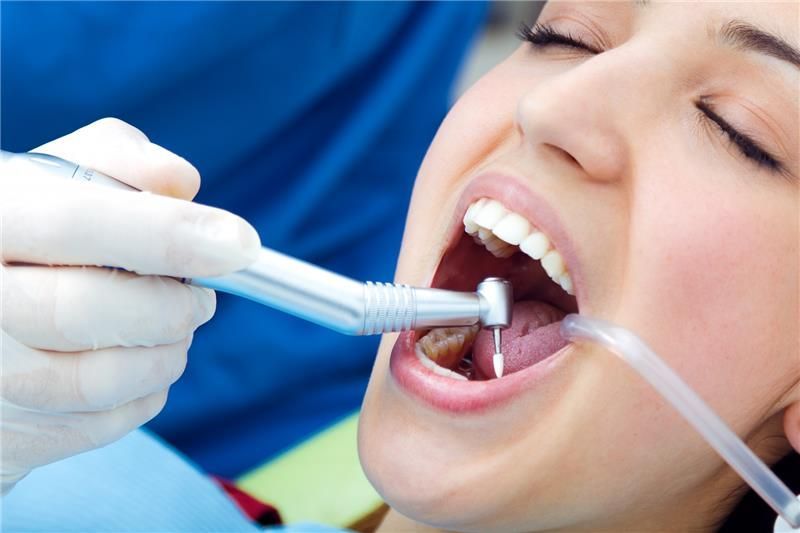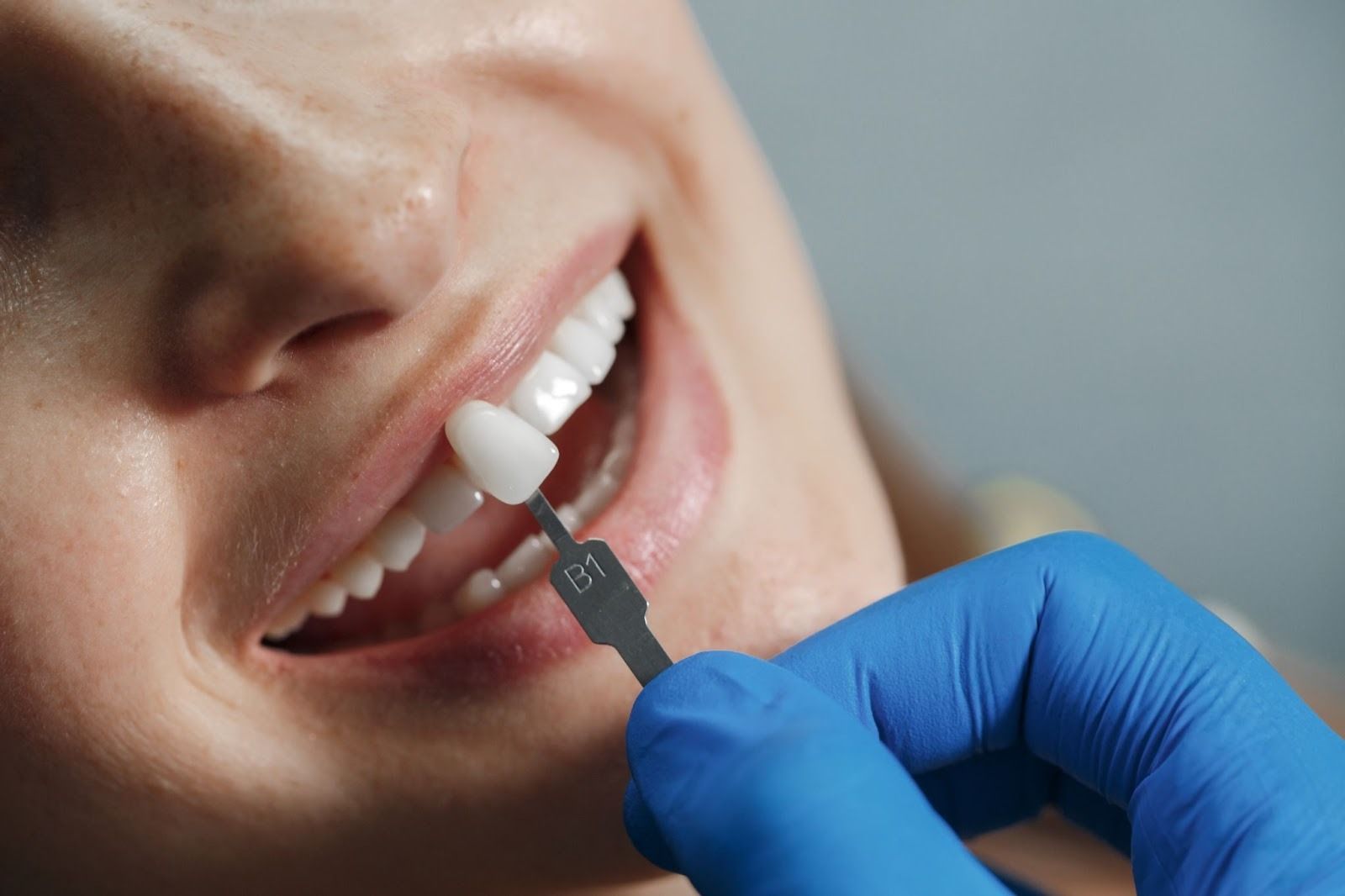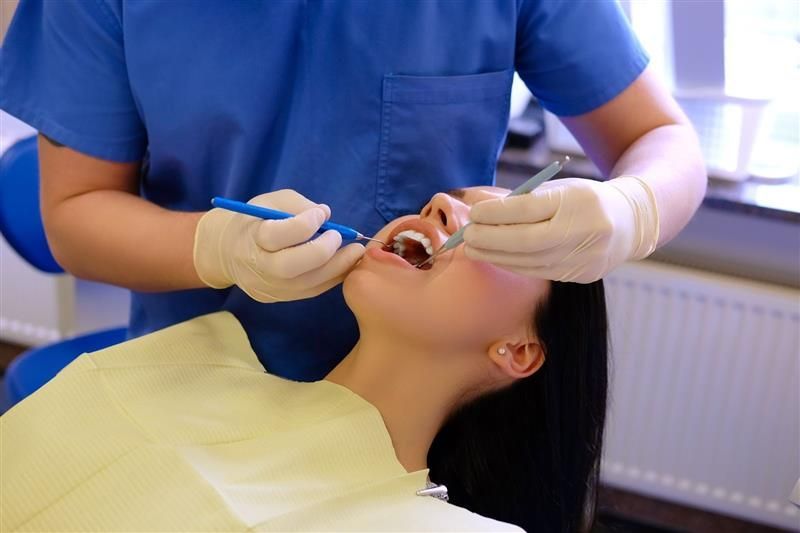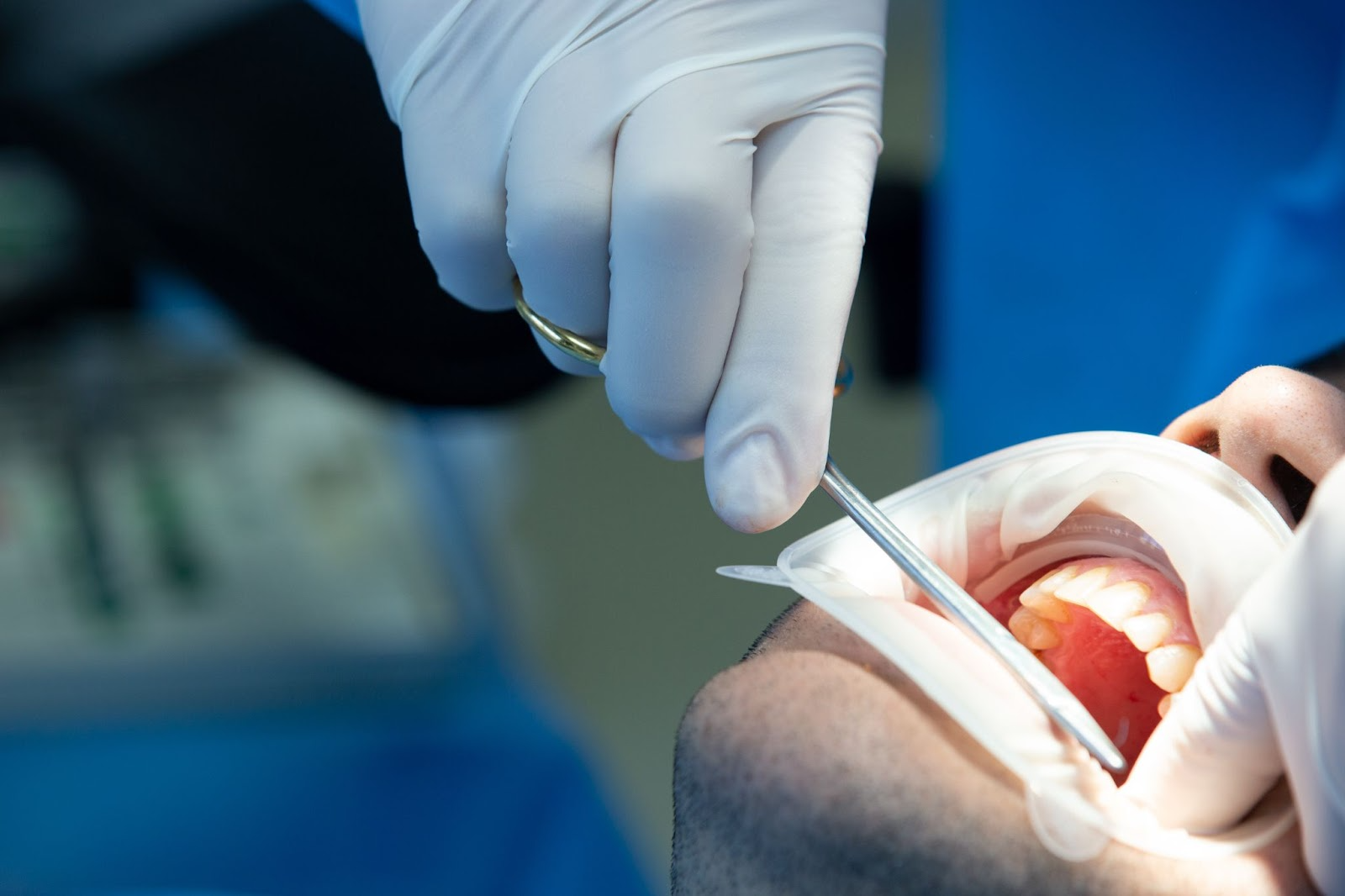Common Myths About Dental Implants Debunked
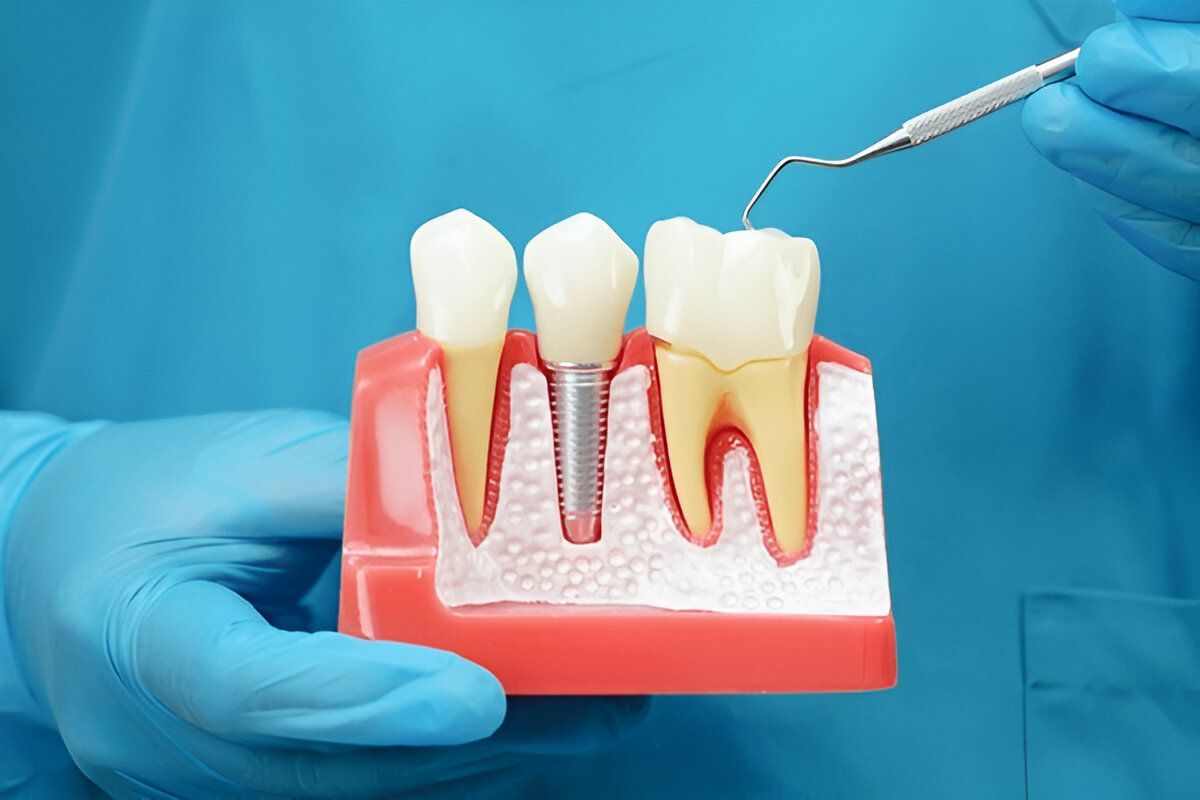
Embarking on the journey toward a confident smile can be exciting but also nerve-wracking. At Park Dental Brooklyn, our experienced team helps patients separate fact from fiction when it comes to dental implants. In this article, we’ll address common myths—about pain, success, care, cost, and eligibility—and provide clear, evidence-based answers. (For more on the procedure itself, see our Dental Implants page.)
Myth: Dental Implants Are Extremely Painful
It’s natural to worry about pain, but modern implant surgery is performed under anesthesia and often sedation. You shouldn’t feel pain during the procedure itself. Afterward, any soreness or discomfort is usually mild and short-lived. In fact, most patients report only a few days of achiness – typically controllable with over-the-counter pain relievers – before feeling back to normal. Our Park Dental team takes great care to make implant placement as painless and efficient as possible, using advanced techniques and anesthesia. In most cases you’ll be surprised by how manageable the recovery is.
Myth: Dental Implants Often Fail or Have Low Success Rates
Dental implants are actually one of the most reliable surgical procedures in dentistry. Park Dental’s periodontists note that implants fuse with the bone (osseointegration) so effectively that the body does not reject them. In real-world practice, the long-term success rate for implants is extremely high – around 95% or better over 5–10 years. Innovative techniques have pushed those numbers even higher: for example, the All-on-4 full-arch method shows prosthetic survival rates nearing 99%. This means only a tiny fraction of implants ever fail. By contrast, traditional bridges and dentures generally have lower survival rates over time, whereas modern titanium implants remain stable year after year.
Much of this success comes from high-quality materials (over 90% of implants are titanium due to its durability) and careful surgical planning. New technologies like 3D imaging and digital guides also improve accuracy and outcomes. Thanks to these advances, implants have become a predictable, lasting solution. Park Dental’s own implant treatments routinely achieve success rates near the top of published figures, giving patients strong, natural-feeling teeth for decades.
Myth: Dental Implants Require Complex, Unusual Maintenance
In truth, maintaining an implant is very much like caring for a natural tooth. Park Dental emphasizes that “you will learn to treat [your implants] like your natural teeth” after placement. Daily brushing and flossing are still the keys to keeping the gum tissue healthy. There’s no need for exotic cleaning routines – in fact, routine oral hygiene is essential to prevent infection (peri-implantitis). Just as with real teeth, be sure to clean around the implant crown and under any bridges carefully to remove plaque and debris. Regular dental check-ups (every 3–6 months) allow your dentist to professionally clean and inspect the implants.
Most implant patients find maintenance easy once they adjust. Some simple tips include: using a soft toothbrush or implant-specific brush, considering a water flosser or interdental picks for hard-to-reach spots, and avoiding smoking (which can delay healing). But these are the same recommendations given for overall oral health. Bottom line: there’s no hidden “maintenance tax” on implants – just keep up good daily habits and routine visits, and your implants should stay healthy for life.
Myth: Dental Implants Are Unaffordable for Most People
While dental implants do have a higher upfront cost than bridges or dentures, it’s important to consider their long-term value. An implant replaces the entire tooth (root and crown) and integrates permanently with the jawbone, which helps prevent bone loss and future dental issues. This longevity can make implants more cost-effective over time. The average range in the U.S. is roughly $1,500–$6,000 per tooth, depending on factors like complexity and materials.
However, many patients find that implants pay off by avoiding the frequent replacements and adjustments that dentures require. Insurance plans and financing options can also help make treatment more affordable. It’s a myth that implants are “impossible” financially – Park Dental offers payment plans and can help you explore insurance coverage. In many cases, the peace of mind from a permanent, natural-feeling tooth solution justifies the investment. (For personalized pricing, contact us and our office can guide you through realistic options.)
Myth: I’m Too Old or Unhealthy for Implants
Age alone is not a barrier to dental implants. Healthy older adults routinely receive implants and enjoy improved function and confidence. The key eligibility factors are overall health of the mouth and jaw, not age per se. You need good gum tissue (no active periodontal disease) and sufficient bone at the implant site so the titanium post can fuse securely. If gum disease or bone loss is present, those conditions can often be treated first (gum therapy, bone grafting, etc.) to make implants possible.
Even smokers or diabetics can sometimes get implants after extra precautions and preparation.
Many factors like gum health and bone quality matter more than chronological age. In short, don’t self-disqualify. The best way to know is to schedule a consult – our Brooklyn dentists will evaluate your specific situation. We’ll discuss any required preliminaries (gum therapy, bone grafts, quitting smoking) and then create a plan.
Conclusion
Dental implants have revolutionized tooth replacement, and many of the old misconceptions no longer hold true. Implants today are placed with minimal discomfort, boast success rates in the 95–99% range, and can be maintained just like real teeth. Advances in materials and techniques make them a reliable choice for many patients. By debunking these myths, our goal at Park Dental is to empower you to make an informed decision. If you’ve been on the fence, we encourage you to contact us or visit our Dental Implants page to learn more. A beautiful, functional smile may be closer than you think!
FAQ
Do dental implants hurt?
No, the surgery itself is pain-free thanks to local anesthesia (and optional sedation). Afterward you may have mild soreness for a few days, but this can usually be managed with ice packs and mild pain meds. Most patients resume normal activities within a day or two.
How successful are dental implants?
Implants are highly successful (typically 95–98% or higher over the first 5–10 years). With good oral hygiene, they can last decades. Proper planning and placement (as we do at Park Dental) keep failure rates very low.
How do I care for my implants?
Exactly like natural teeth – brush twice daily, floss once daily, and see your dentist regularly. Implants do not require special tools beyond good oral hygiene. Park Dental will instruct you on the best techniques, but you won’t need anything more exotic than a soft toothbrush and gentle floss or picks. Preventing plaque is key to long-term success.
Are implants worth the cost?
Many patients find they are. Though the initial cost is higher, implants often last much longer than bridges or dentures, saving money on replacements over time. They also help preserve jawbone and oral health. Park Dental offers financing options and works with insurance; discuss your budget and we’ll help find a solution.
Am I too old or unhealthy for implants?
Not necessarily. There is no strict age limit as long as oral health is good. Smoking, gum disease, or certain medical conditions may require extra care but do not automatically exclude you. A thorough evaluation will clarify any necessary prep work (like bone grafts or dental cleanings). Our Brooklyn implant specialists will guide you every step of the way.

